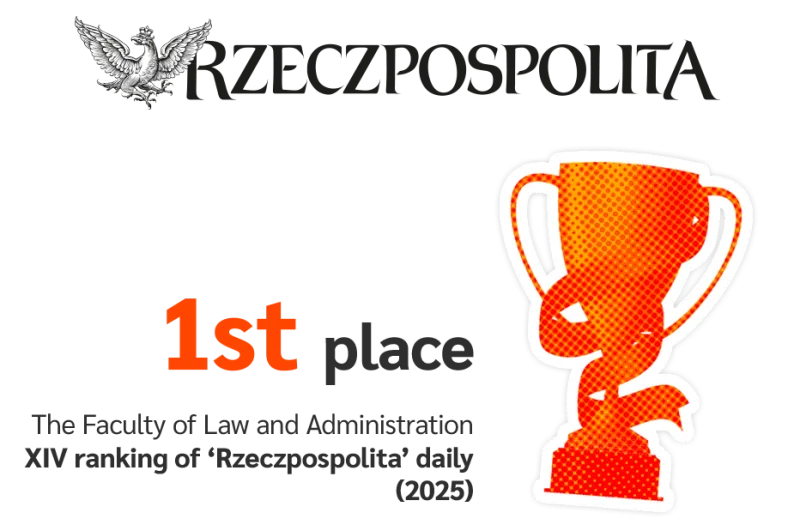Level A
| A1 | A2 | |
|---|---|---|
| I listen and I understand | I can understand words and very simple sentences with respect to myself, my family, and things known and important to me, if my interlocutors talk slowly and clearly. | I can understand frequently used words and expressions regarding myself, my family, and things known and important to me, shopping, school and friends. I can understand the main information behind oral communication and messages. |
| I read and I understand | I can understand names, words and very simple sentences, e.g. in announcements, on posters or in catalogues. | I can understand short and very simple texts. I can divine the sense of information presented in such texts as advertisements, brochures, menus, or bus schedules. I can understand short and simple personal messages. |
| I communicate | I can communicate if my interlocutor agrees to repeat slowly what he has just said, use simpler words and assist me in expressing myself. I can ask simple questions regarding a topic I know or what I absolutely need as well as answer similar questions. | I can communicate when performing familiar and simple tasks requiring only a simple and direct exchange of information on known topics. I can communicate during a short exchange, although I cannot hold a longer conversation. |
| I speak | I can use very simple words and phrases to describe myself, my flat and the people I know. | I can describe my family or other people, what I do, my studies, and my current and previous job in a couple of sentences. |
| I write | I can write a short card, e.g. from holidays. I can fill out a simple form, entering my name, surname, nationality, age and address. | I can note down and convey short and simple information. I can write a very simple and personal letter, like a thank-you letter. |
Level B
| B1 | B2 | |
|---|---|---|
| I listen and I understand | I understand information provided in standard language about home, school, free time, etc. I can understand the main message of most television and radio programmes devoted to current affairs and topics I find interesting, if the participants talk relatively slowly and clearly. | I can understand relatively long utterances and lectures and can even follow a complex utterance if it pertains to a topic I am familiar with. I can understand the news and most television programmes devoted to current affairs. I can understand most films, provided the characters use standard language. |
| I read and I understand | I can primarily understand texts written in standard language and connected with my job. I can understand a description of events or of experience as well as wishes expressed in private correspondence. | I can understand articles and texts describing contemporary issues whose authors assume a specific perspective of standpoint. I can understand a contemporary literary text written in prose. |
| I communicate | I can communicate in most situations I can encounter when travelling in the country whose language I am learning. I can spontaneously take part in a conversation on personal matters or regarding everyday life, e.g. family, free time, work, travelling and current affairs. | I can communicate relatively easily and spontaneously, making interactions with native language users natural. I can actively participate in a conversation on everyday topics, present my views and defend them. |
| I speak | I can report events, talk about my experience, dreams, hopes and goals in simple words. I can provide a short explanation, present my reasons, express my opinion and describe by plans. I can tell a short story, summarise the main plot of a film and express my reaction to it. | I can speak clearly and in detail about numerous topics regarding my interests, present my view on the currently discussed topic and explain the pros and cons of various solutions. |
| I write | I can write a short and concise text on a topic I know or am interested in. I can write a letter describing my personal experience and impressions. | I can write clear and detailed texts on numerous topics connected with my interests. I can write an essay or a report, conveying information or presenting my perspective for or against the expressed opinion. I can write letters which convey the meaning I personally ascribe to specific events and experience. |
Level C
| C1 | C2 | |
|---|---|---|
| I listen and I understand | I can understand a long utterance even if its structure is unclear and has implicit meaning. I can understand television shows and films without a great effort. | I have no difficulty in understanding spoken language either in direct communication or on the media, even if the speaker is talking fast. I need only a short time to get familiar with a new accent. |
| I read and I understand | I can understand long and complex press and literary texts with different styles. I can understand specialist texts and lengthy technical instructions, even if they are not connected with my field of expertise. | I can effortlessly read all texts, even those with a highly abstract form and content, like textbooks, specialised articles, or literary works. |
| I communicate | I can communicate fluently and spontaneously without searching for words and expressions. I can effectively use language in social and professional interactions. I can express my thoughts and ideas and refer to the utterances of my interlocutors. | I can effortlessly participate in all kinds of conversations and discussions, fluently using idiomatic and common language expressions. I can speak fluently and precisely express different shades of meaning. In case of making a mistake, I can easily correct it so that it goes almost unnoticed. |
| I speak | I can describe complex issues clearly and in detail while referring to topics connected with them, expanding on some aspects and appropriately ending my utterance. | I can describe and conduct clear and fluent reasoning in a context-appropriate style, present a given topic in a concise and logical manner, and recall the main points of my presentation to the listeners. |
| I write | I can express my thoughts through a clear and well-constructed text, expanding on my point of view in it. I can express my thoughts in writing in a letter, essay or a report on complex topics, highlighting aspects I find important. I can adapt my style to the style of my correspondent. | I can write a clear and fluent text that is stylistically adapted to the context and the situation. I can edit letters, reports, summaries and articles on complex topics and ensure they have a clear structure that allows the readers to understand their key points. I can summarise or present a written review of an academic or a literary text. |


